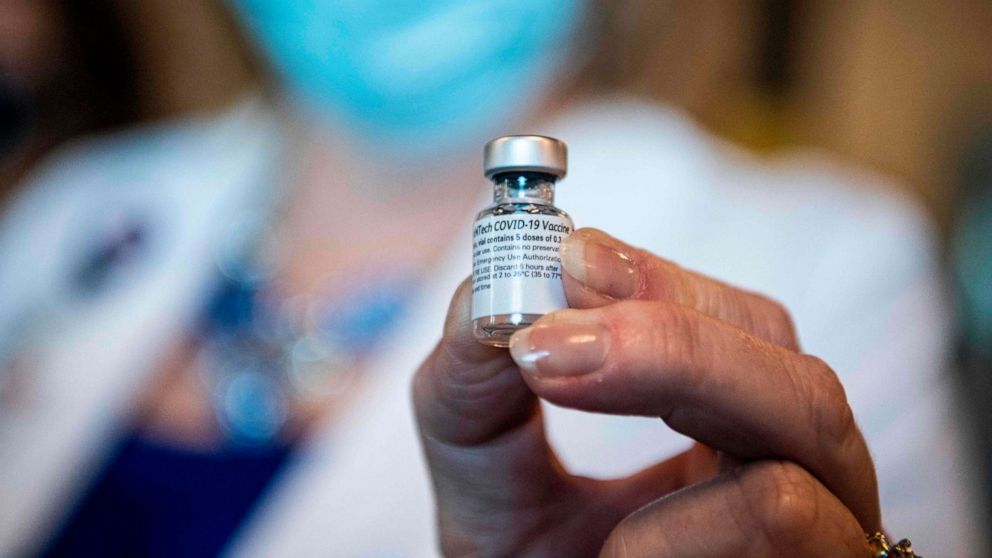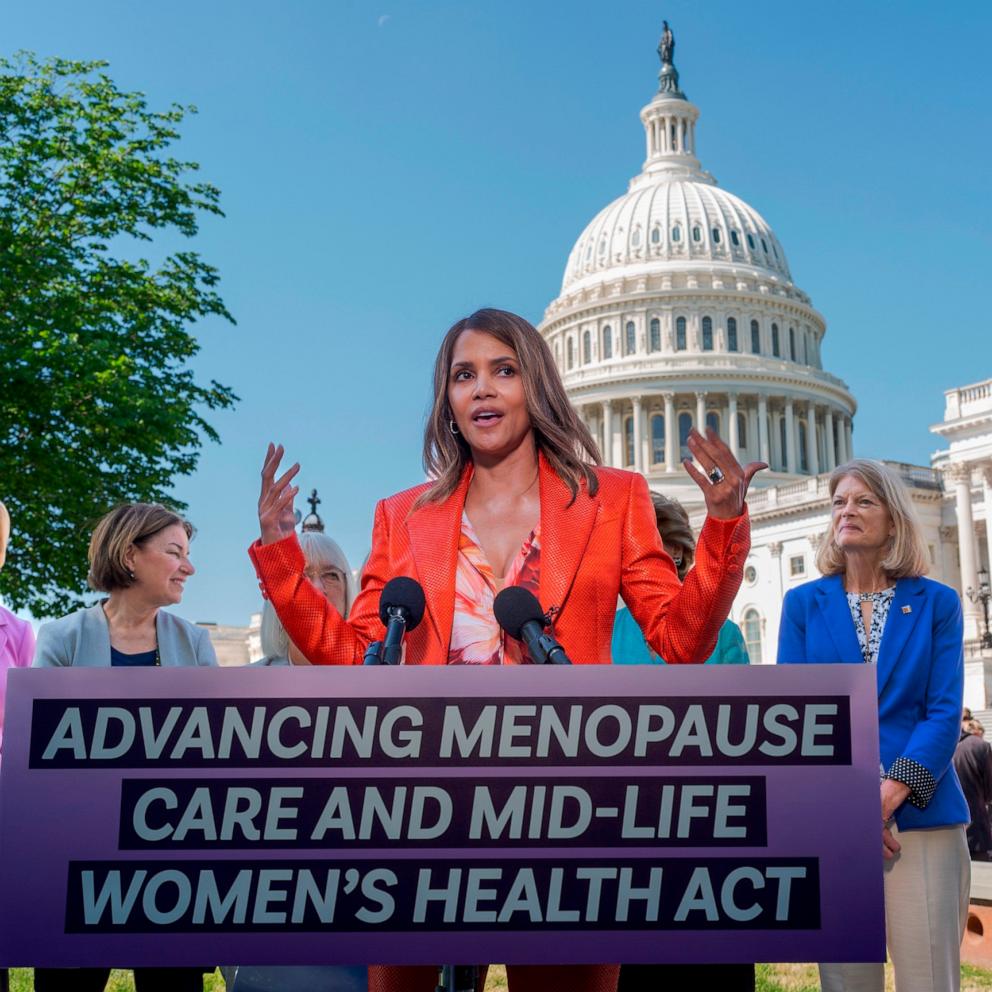Study shows booster shot after 6 to 12 months likely to provide best protection from COVID-19, Pfizer says
Pfizer and BioNTech have released initial data from a study on booster shots for their COVID-19 vaccine, saying a third dose delivered about six months after the second shot has shown neutralization titers are five to 10 times higher than after two primary doses.
The companies said they expect to publish "more definitive data" soon and submit the Food and Drug Administration "in the coming weeks."
Pfizer said real-world evidence from Israel showed a decrease in efficacy about six months after people were fully vaccinated.
"While protection against severe disease remained high across the full 6 months, the observed decline in efficacy against symptomatic disease over time and the continued emergence of variants are key factors driving our belief that a booster dose will likely be necessary to maintain highest levels of protection," Pfizer said in a statement.
The FDA and Centers for Disease Control and Prevention released a joint statement Thursday evening pumping the brakes on the need for a booster shot yet, and encouraged people to get vaccinated in general. Less than 50% of the U.S. is fully vaccinated at this time.
"Americans who have been fully vaccinated do not need a booster shot at this time," the agencies said in the statement. "FDA, CDC, and NIH (National Institutes of Health) are engaged in a science-based, rigorous process to consider whether or when a booster might be necessary."
Additionally, the companies are working on materials with a plan to test a new vaccine construct based on the delta variant -- with plans to start clinical trials in August.
"While we believe a third dose of BNT162b2 has the potential to preserve the highest levels protective efficacy against all currently known variants including Delta, we are remaining vigilant and are developing an updated version of the Pfizer-COVID-19 vaccine that uses a new construct based on the B.1.617.2 lineage, first identified in India and also known as the Delta variant," the companies said in a statement.
"The companies are already producing clinical trial material and anticipate beginning clinical studies in August, subject to regulatory approvals," Pfizer and BioNTech added.

Moderna, the maker of the only other authorized mRNA vaccine in the U.S., has made similar statements about the need for booster shots in the past.
"Booster shots will be needed as we believe the virus is not going away," Moderna CEO Stephane Bancel said during a first-quarter earnings call to investors in early May.
It will be up to the FDA and the Centers for Disease Control and Prevention to determine if and when booster shots will be allowed, recommended and made available.
"Clearly, the pharmaceutical companies have an economic incentive, particularly the ones who have vaccines that are for profit," Dr. Dan Barouch, director of the Center for Virology and Vaccine Research at Beth Israel Deaconess Medical Center, told ABC News in late May. "We want the decision to be made based on public health solely and [not] on economic incentives of the companies."
ABC News' Anne Flaherty, Arielle Mitropoulos, Dr. Deepak Ramanathan and Sony Salzman contributed to this report.



